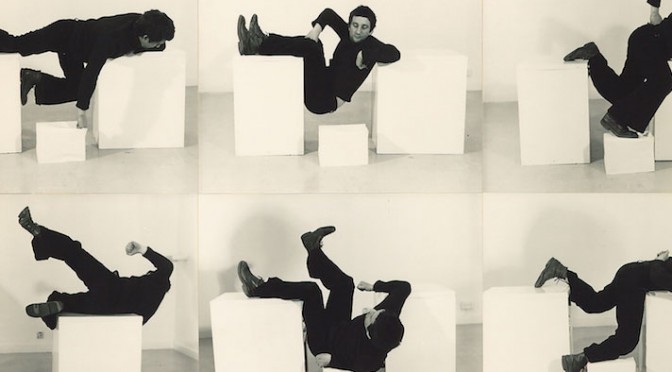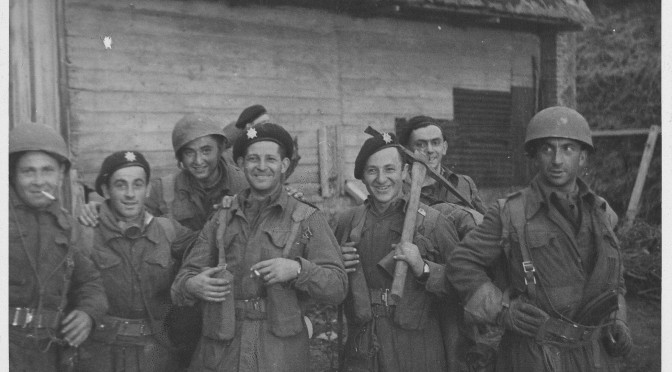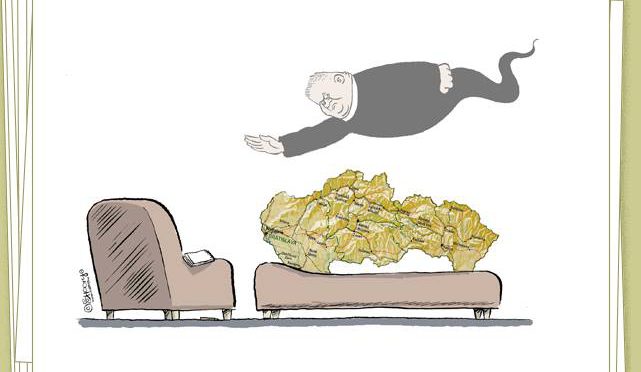Mátyás Erdélyi (CEFRES / CEU) will host CEFRES/IMS FSV Seminar on Thursday November 10th (15:30) at CEFRES Library.
How to Make Sense of Class, Status, and Power: The Example of the Bürgertum
Texts to be read are:
- Jürgen Kocka, « The middle classes in Europe », The Journal of Modern History, vol. 67, n° 4, 1995, p. 783-806.
- Max Weber, « The distribution of power within the community : Classes, Stände, Parties », Journal of Classical Sociology, vol. 10, n° 2, 2010, p. 137-152.
Texts:
Fourth session of the common epistemological seminar of CEFRES and IMS FSV UK, led by Timofey Agarin (Centre for the Study of Ethnic Conflict, School of Politics, Queen’s University Belfast).
Texts:
- Timofey Agarin, “Conclusion: Is It Time to Cut the Umbilical Cord?”, in Timofey Agarin et Ireneusz Paweł Karolewsk, Extraterritorial Citizenship in Postcommunist Europe, London & New York, Rowman & Littlefield, pp. 197-213.
- Timofey Agarin, “Civil society versus nationalizing state? Advocacy of minority rights in the post-socialist Baltic state”, Nationalities Papers, 2011, 39: 2, pp. 181-203 .
Where: CEFRES, Na Florenci 3, building C, 3rd floor, conference room
Language: English
Second session of the common epistemological seminar of CEFRES and IMS FSV UK, led by István Pál Ádám (CEFRES).
Texts:
-
E. P. Thompson, « The Moral Economy of the English Crowd in the Eighteenth Century », Past & Present, No. 50, Oxford University Press, 1976, p 76-94
-
Ernesto Verdeja, “Moral Bystanders and Mass Violence,” in New Directions in Genocide Research, Routledge, 2011

First session of the common epistemological seminar of CEFRES and IMS FSV UK, led by Clara Royer (CEFRES) and Tomáš Weiss (IMS)
Texts :
- Bastien Bosa, « Des concepts et des faits », Labyrinthe [online], 37 | 2011 (2).
- Giovanni Sartori, « Concept Misformation in Comparative Politics », American Political Science Review, vol. 64, n° 4 déc. 1970, pp. 1033-1053.

A lecture by Zdenko Maršálek (ÚSD, AV ČR) in the frame of the seminar on Modern Jewish History of the Institute of Contemporary History (AV ČR) and CEFRES in partnership with the Jewish Museum
Foreign units of the Czechoslovak Army operating in the Second World War were made of Czech and Slovak soldiers as well as citizens of every nationality existing in the Czechoslovakian republic in the interwar period. Jewish volunteers became an important part of the exiled troops. Even though the number of Jewish soldiers in these units was very high, their importance became marginal for various reasons. This contribution, based on a quantitative analysis of the phenomenon, will focus on the problems brought by the coexistence of soldiers with different nationalities, confessions and origins.
Language: Czech

A lecture by Monika Vrzgulová (Institute of Ethnology SAS) in the frame of the seminar on Modern Jewish History of the Institute of Contemporary History (AV ČR) and CEFRES in partnership with the Jewish Museum
Language: Slovak



